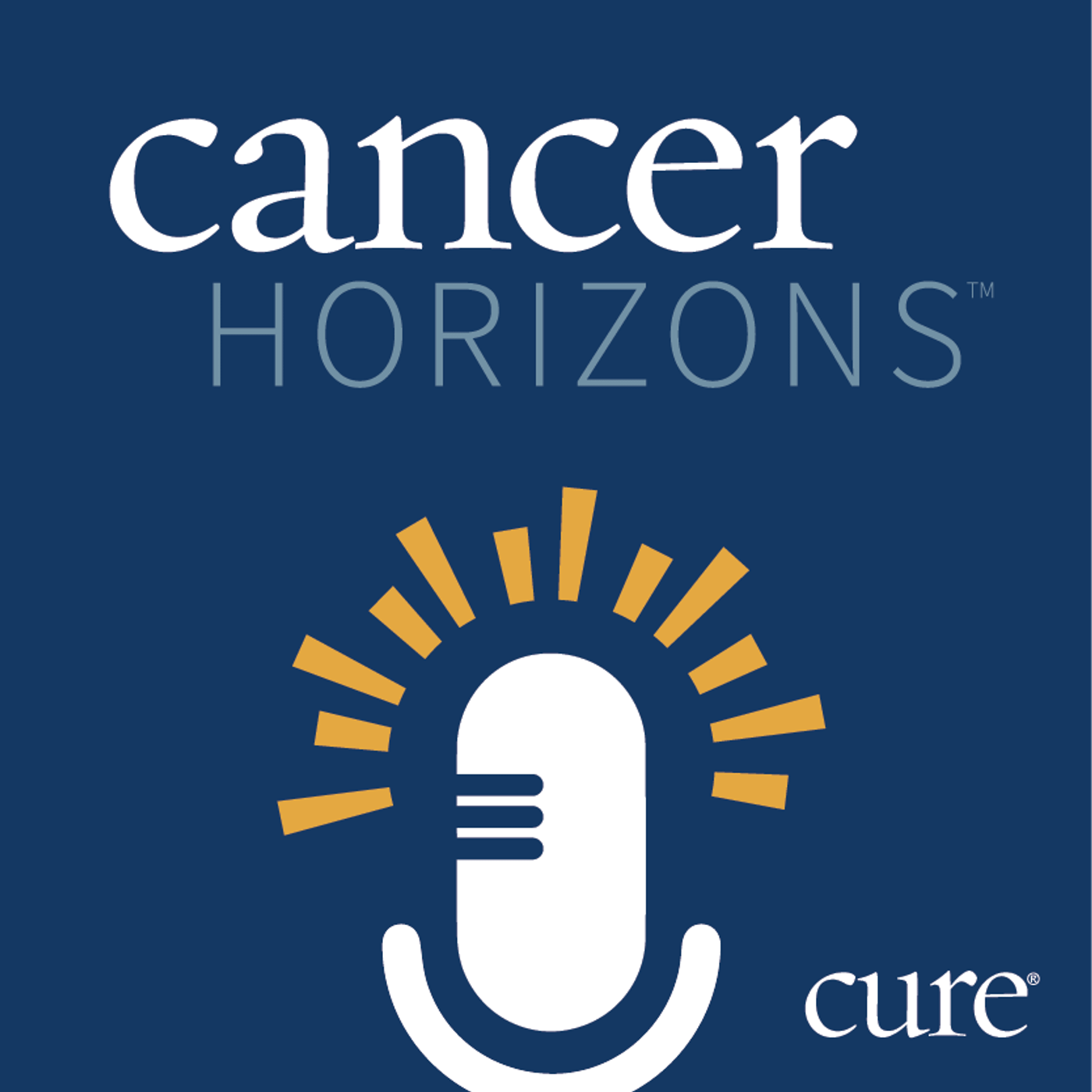Retired Teacher Turns to Former Student for Innovative Bladder Cancer Care
It’s been more than 35 years since Peter Kahan and Dr. Ravi Munver first met. Back then, they were a teacher and his student, respectively. These days, the two men remain connected, but their relationship has evolved — Munver is now a key member of Kahan’s bladder cancer care team.
“To have to have a somebody who really looks upon you as a friend as (your) doctor, (who) really can see you as more than just another patient is great,” said Kahan, who described his connection with Munver, a urologic oncologist and vice chair of the department of urology at Hackensack University Medical Center in New Jersey, as “completely” crucial to his cancer journey.
“You know, there are a lot of physicians who are phenomenal,” said Munver. “But when you meet them, to them you're a patient, and they care for you as a patient. It's very different when you either have a personal relationship with a physician, or you have a physician who literally has a motto that says ‘I treat all of my patients like my friends and family,’ meaning if Peter walked in the door or a family friend walked in the door or a distant family member walked in the door, I would treat them all exactly the same. One would not get more time or better treatment than another. So, when you have physicians that have that model where they treat every patient as if they were their own family member or friend, you just get a different feel flavor and level of care.”
Kahan was Munver’s honors physics teacher at the Dwight-Englewood school in northern New Jersey in 1987, where he noted that Munver was “one of my best students. … He was extremely meticulous and careful in his work.”
“Of all the sciences that I took — biology, chemistry, physics — physics really came easy to me, because it was math-based,” Munver said. “And I just remember obviously trying to do well in the class, but also enjoying the material. You have a great teacher, a teacher who teaches the material, who loves the material and has a passion for it, it makes that class that much easier and more fun and enjoyable, especially when you're first semester senior applying to college. And once I'd gotten into college, obviously, it was just a continuation of just more fun and learning. So, I really enjoyed class and I think what I remember most about it was it was a topic that was easy for me but enjoyable and very different from all of the other natural sciences.”
The two men re-connected years later at a memorial service for a former teacher at Dwight-Englewood. Kahan, retired from teaching and living in upstate New York, discovered blood in his urine in 2019, and he subsequently received a diagnosis of high-grade non-muscle invasive bladder cancer from his local urologist.
Treatment with the immunotherapy bacillus calmette-guerin (BCG) and the chemotherapy mitomycin inserted directly into the bladder followed. When his cancer recurred, Munver’s doctors recommended he seek a cystectomy, or removal of the bladder and prostate, at Memorial Sloan-Kettering Cancer Center in New York City.
Kahan reached out to Munver, looking for a second opinion.
“As director of minimally invasive and robotic urologic surgery, I'm always looking at novel techniques, novel therapies that can offer patients good results, as well as a great quality of life,” said Munver. “And when Peter had told me about the traditional therapies that were being used, we use them as well. We use BCG. … When BCG fails, many urologists will jump to the next step, which is removal of the bladder. And that's what I learned in residency 22 years ago, and that's what people learned 30 years ago, and that’s what people learned 50 years ago, it was that was the only algorithm.
“However, a lot has changed, and I wanted to make sure th

